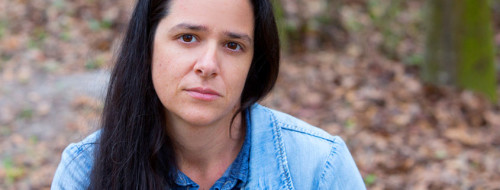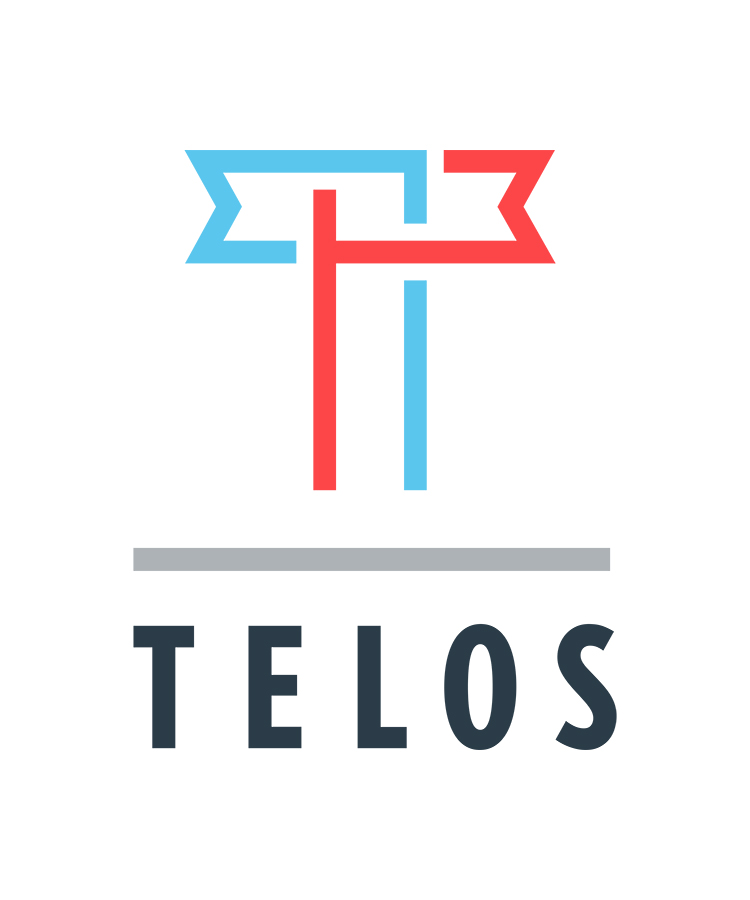We are all in the Red Zone now.
 We are all in the Red Zone now.
We are all in the Red Zone now.
When Hurricane Katrina came ashore in 2005, the disaster slowly unfolded, triggering trauma and forcing us to recognize the backlash of colonial conquest, the open wounds of extractive economics and how centuries of man’s desire to control nature defines consequences of modernity.
Citizens of South Louisiana’s bayou country now point to highlighted territories on the map of our beloved boot shaped state, recognizing the red sole as a place we call home, where land loss is being experienced at one to the fastest rates on the planet; Also home to the nation’s strategic oil reserves, crisscrossed by thousands of miles of pipelines, pockmarked by oil waste facilities and some of the nation’s largest and oldest refineries. Here, plantation economics of the past haunt the heart of “Cancer Alley”, a stretch of lower Mississippi River where a corridor of petrochemical facilities line her banks. We are already struggling to breath here with some of the worst air quality in the nation, so it is no surprise that in such a short amount of time Covid19 has already taken the lives of too many.
We continue to witness the headlines of numbers rise daily here in Bvlbancha (New Orleans)– culture bearers, preachers, family, teachers and sweet friends are being lost. Our convention center is being converted to a hospital facility. We are all bracing for uncertain times, as the Mississippi River continues to rise as snow melts and spring rains fall, and the anxieties of hurricane season lurk just around the corner.
The United States Gulf South has been riddled by poverty, poor education systems, lack of access to healthcare, and legacies of oppressive politics. Unfortunately, we are all in the red zone now, all over the world, losing ones we love and our ways of life put on hold. We know we will all be forever changed by this, but we’re uncertain just how it will unfold in the uncertain weeks and months ahead. Living through the 21st century’s cycles of tropical storms pounding our shores and the BP Oil Spill of 2010, I’ve witnessed how disaster induces learning curves of awareness and adaptations. My hope is that with this Covid19 disaster will come a learning curve that will not flatten, but continue to grow, recognizing that interconnected and interdependent relationships are necessary for the health and wellbeing of all, for our planet and our people.
Monique Verdin
Another Gulf is Possible
Bvlbuncha (New Orleans)
2020
